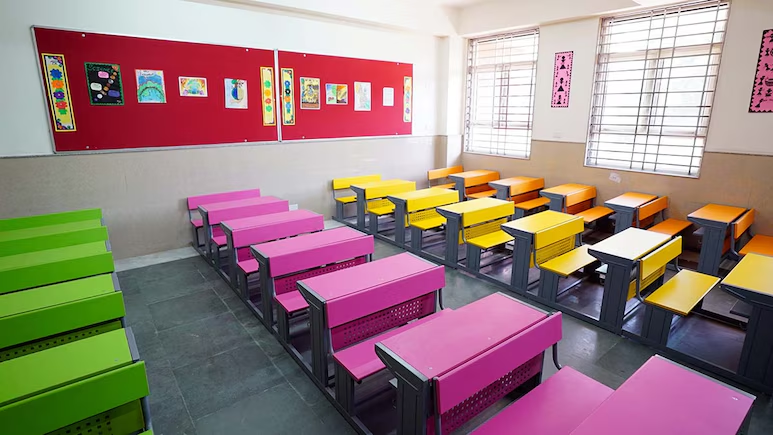
Indian Institute of Technology (IIT) Jodhpur said BTech in Civil Engineering and Infrastructure programme offered by it will now have courses involving Digital Twin and Asset Management, Design, and Simulation and courses related to Telecom and IT, Renewable and Non-renewable Energy, Railway, Airport, and Seaport design.
Unlike the conventional Civil Engineering programmes, IIT Jodhpur's BTech programme focuses on engineering design, product development, training in intellectual property and entrepreneurship, the institute said.
“The Institute encourages its students to undertake multidisciplinary projects in smart infrastructure and sustainable development with this program,” it said.
JEE Advanced 2021 qualified students can join the 2nd batch of IIT Jodhpur's BTech In Civil And Infrastructure Engineering. The course was started in 2020.
Students can also earn a specialization in ‘smart infrastructure' or ‘environmental engineering' in addition to the regular BTech, IIT Jodhpur has informed.
“The curriculum of Civil and Infrastructure will introduce students to a wide variety of fields in advanced Civil engineering such as infrastructure planning and designing, a good knowledge of Artificial Intelligence (AI) and Machine Learning (ML), smart materials and sensors, and security of infrastructure against physical and digital threats,” according to an official statement from the institute.
Students with this BTech degree will have career opportunities beyond conventional areas – in multidisciplinary fields like sustainable infrastructure engineering (energy, environment, transportation, etc.), digital twins and asset management, and application of AI and ML, IoT, and cyber-physical systems in built-in infrastructure, according to the institute.
"Unlike the manufacturing, automotive, and aerospace industries, civil and infrastructure industries have been slow in embracing the digital and transformative technologies. The application of artificial intelligence, cyber-physical systems, and digital twins will reduce cost and time, streamline construction, and reduce waste. Our program has a course structure that incorporates and integrates conventional civil engineering with these advanced transformative technologies. In this way, we are creating next-generation Civil Engineers who can address societal needs from a multidisciplinary perspective which is exactly what the current industry needs,” said Prof Ranju Mohan, Head of the department.

